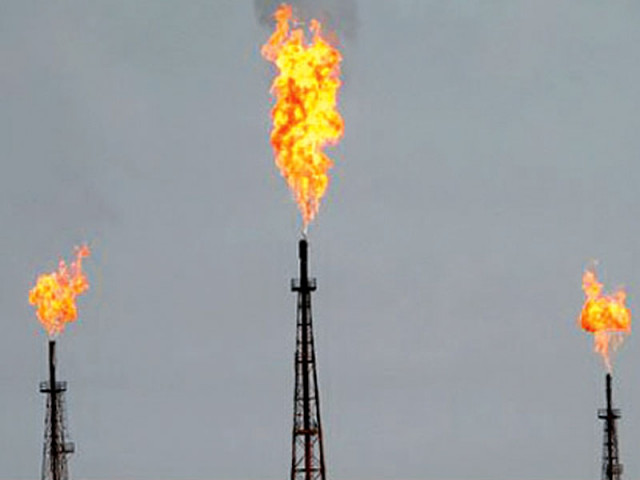Comment: No, if you ignore a default, it does not go away
Govt’s fiscal policy is a mess, because it effectively has no real energy policy.

Comment: No, if you ignore a default, it does not go away
Maybe it is because we as a nation are jaded and used to seeing our country be seen as an economic basket case. Or maybe it is the general incompetence of journalists in Pakistan and their abject failure at reporting anything to do with substantive policy decisions. But just because we are ignoring the fact that our country has defaulted does not mean that the default will go away. Fiscal distress haunts a nation – any nation – like an invisible spectre that will refuse to be ignored and will infect absolutely everything.
It may surprise most Pakistanis to learn this, but our government has actually been pretty good about paying its creditors on time. On its international obligations, Islamabad has never defaulted (though we have come scarily close several times).
This time, however, we have managed to refuse payment to our own power companies, which have fairly iron-clad contracts that include provisions that simply say this: if the state-owned companies that purchase electricity from these independent power producers fail to pay, it is legally regarded as the government of Pakistan itself going back on its own full faith and credit.
The government has been going back on its word to other companies too. Engro Corporation has a sovereign guarantee for an uninterrupted gas supply of 100 million cubic feet per day for its fertiliser plant. The government is far from honouring that commitment, despite injunctions from the Sindh High Court that it is obliged to.
So how is the power company default different?
Because it represents something much bigger: the absolute failure of Pakistan’s energy policy, which calls for subsidising expensive power with money we do not have, rather than investing in cheaper sources of electricity.
So why does the government do something so blatantly stupid? Because every time they raise power tariffs, the entire media gets into a frenzy about “the poor”, not realising that it is probably better that the poor pay a little extra on their monthly power bills rather than lose their job at the factory that will likely shut down because the government keeps promising subsidy payments to power companies and then fails to keep its word, causing them to cut power to industry.
Yes, the government is often stupid, and it is kept stupid by our stupid journalists, who whip up a populist frenzy with absolutely no understanding of what they are doing. Instead of exploring different policy options, they castigate and malign as a blood-sucking demon absolutely anyone who proposes any sort of solutions that do not involve giving away free stuff.
And this default will have larger consequences. Pakistan’s power demand is expected to double over the next decade. All of that electricity has to come from somewhere. But after this fiasco, who do you think will invest in setting up power plants in Pakistan? The silence from international investors will be deafening. You might even hear it over the roar of your generators which you will have to run almost constantly.
Yet the finance ministry seems absolutely unconcerned at the fact that Pakistan’s international creditworthiness lies in tatters. When a reporter from The Express Tribune called the ministry for comment, they responded that it was not their job and that the reporter should contact the water and power ministry.
Yes, you read that correctly. The ministry of finance thinks that sovereign default is none of their business. It is a pity incompetence is not illegal.
So how does this all end?
One fine day, PSO will run out of oil because they have not paid their international suppliers. It will then stop supplying fuel to power companies, which will then cut down production to near zero. The government will try its usual ad hoc measures. It will beg the Saudi, the Kuwaitis and the Iranians for free oil. They will refuse. It will then try to force PSO to release its reserves, but PSO will not have any. So it will try to buy time by finding money from other sources, except that there will no more left. That is when the country will completely shut down.
After several months with 20-hour power outages everywhere (except possibly Karachi), the government will then do the right thing: eliminate subsidies and focus on efficiency. Or maybe I am just delusionally optimistic and painting a best-case scenario.
Published in The Express Tribune, May 10th, 2012.


















COMMENTS
Comments are moderated and generally will be posted if they are on-topic and not abusive.
For more information, please see our Comments FAQ